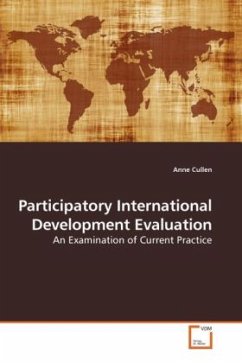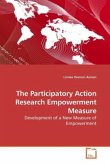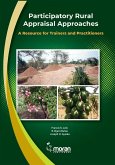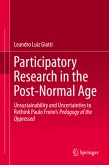Participatory approaches to evaluation have long been vogue in the international development evaluation community. However, despite their widespread use, there is a dearth of research on the impact of stakeholder participation in international development evaluations. Without systematic scrutiny, it is difficult to repudiate or substantiate any of these claims. This text presents a study that documents current practices and international development evaluators perceived consequences of stakeholder participation in development evaluation. The findings suggest that participatory evaluation approaches are interpreted and practiced in widely differing ways. Despite criticisms that participatory evaluation approaches sacrifice objectivity and validity via the inclusion of stakeholders, the results of this study provide evidence that evaluators typically maintain control of the evaluation process. Donor dominance of the evaluation process is another important finding. These findings underscore the importance of clarity and the need for details when discussing participatory evaluation approaches. Implications for evaluation practice and future research are discussed.
Bitte wählen Sie Ihr Anliegen aus.
Rechnungen
Retourenschein anfordern
Bestellstatus
Storno








